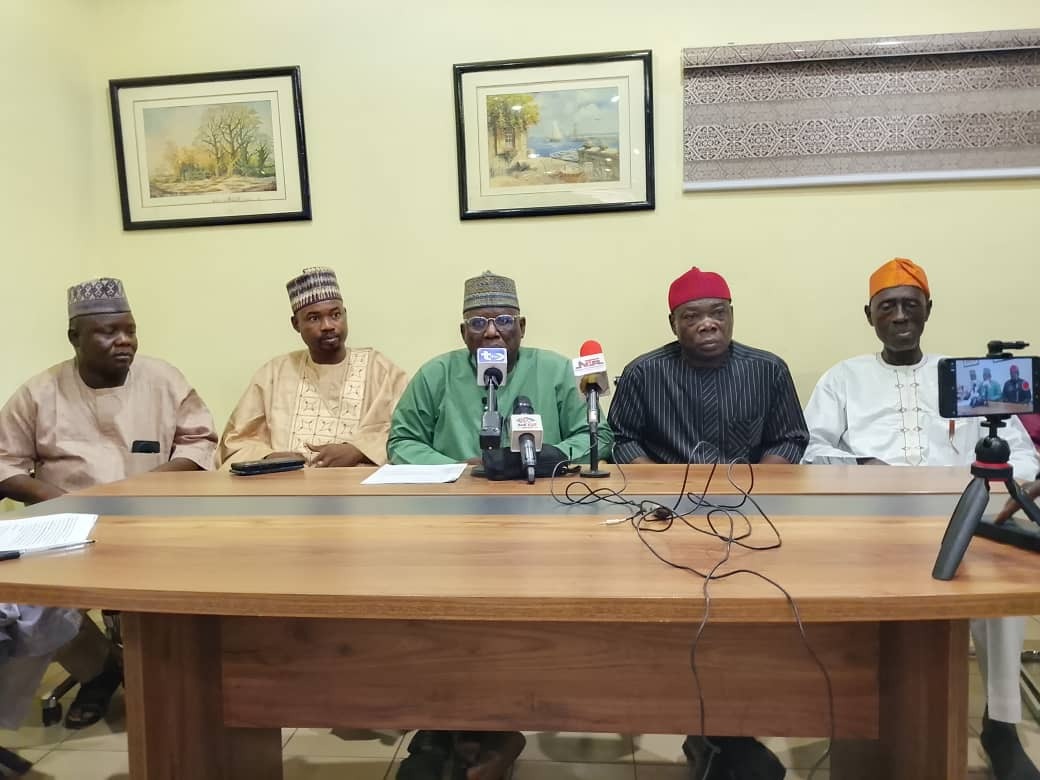The Minister of Housing and Urban Development, Arc. Ahmed Dangiwa, has stated definitively that credible land governance will become a genuine economic asset for development purposes, adding that the land administration and systematic titling are Nigeria’s most reliable path to a $1 trillion economy.
Speaking at the 30th Conference of Directors of Lands in the Federal and State Ministries, Departments, and Agencies in Kano, he explained that international evidence clearly shows that Ministries responsible for land administration worldwide operate on about one percent of the total public budget.
He said, “Based on these global benchmarks and our own national realities, a sustainable allocation of 0.5 to 1 per cent will be sufficient to maintain digital registries, continue systematic documentation, and keep the cadastre up to date.”
Dangiwa added, “If we spend on impact, not overheads, every state will unlock revenue, citizens will gain secure property rights, not dead capital. And let’s say this confidently: the success of the Land4Growth Programme is Nigeria’s surest bet to achieving the targeted development.”
The minister further stated that half of the allocation must go directly to actual service delivery—systematic titling, digitisation, modern registries, surveys, and dispute resolution—rather than vehicles, furniture, or overheads.
“Land becomes bankable when citizens can use it for credit, when investors trust the registry, and when states earn sustainable revenue from property markets. We will unlock growth on a scale that can transform our national economy. That is how land becomes wealth, and how this sector can power Nigeria’s economic future.”
He further disclosed that, in the last World Bank Doing Business ranking on Registering Property, Nigeria performed poorly due to excessive procedures, long timelines, and high costs, which he said create uncertainty for investors and unnecessary hardship for citizens.
Similarly, he noted identical challenges across the states, including complex manual workflows, fragmented and outdated paper records, corruption risks, tenure insecurity for vulnerable groups, and very low revenue collection despite huge potential.
He urged the participants that under the Renewed Hope Agenda, land administration will be treated not as routine bureaucracy but as a strategic economic reform, adding that government had begun to translate the commitment into concrete action.
“We are not yet there, but we are certainly not where we were last year. We are moving purposefully. During this period, we introduced the Nigeria Land Titling, Registration, and Documentation Programme (Land4Growth) to unlock an estimated $300 billion in dead capital and are finalising a partnership with the World Bank and state governments to register, document, and title land nationwide,” he added.
Earlier, the Permanent Secretary of the Federal Ministry of Housing and Urban Development, Dr. Shaiub Belgore, stated that the annual Conference of Directors of Lands has served as a key platform for professional exchange over the years, emphasising that it is important this gathering does not remain a yearly talk shop.






